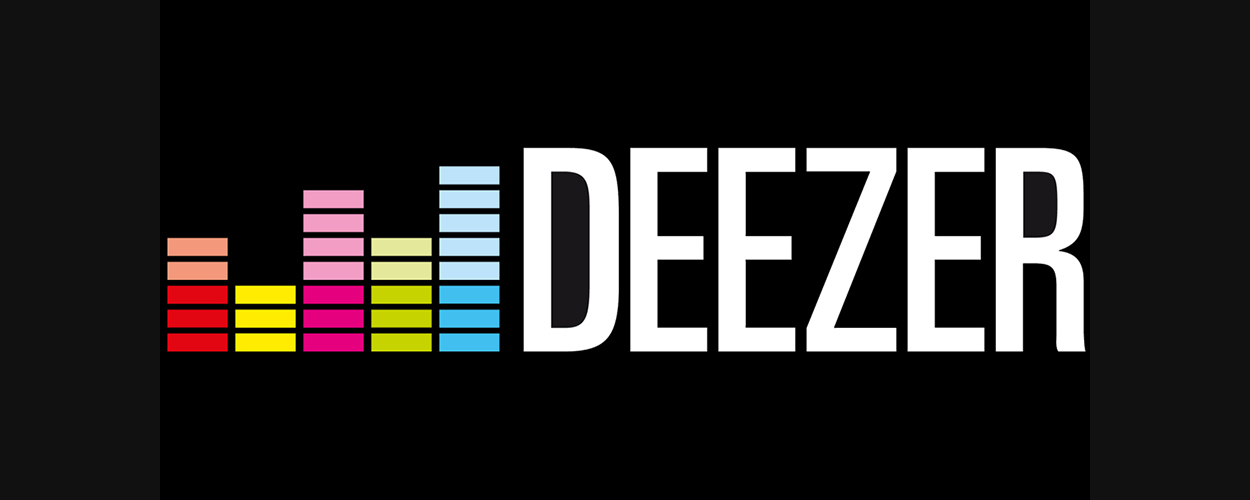This website uses cookies so that we can provide you with the best user experience possible. Cookie information is stored in your browser and performs functions such as recognising you when you return to our website and helping our team to understand which sections of the website you find most interesting and useful.
Business News Digital Legal
Code-sharing community questions if Deezer can force block of stream-ripping tool
By Chris Cooke | Published on Monday 4 February 2019

An interesting side-debate is occurring on the issue of stream-ripping as Deezer seeks to block access to tools that allow users to grab permanent downloads of tracks streaming on its platform. One code-sharing community that hosts one such tool – an app called Deezloader Remix – has argued that it shouldn’t have to remove said tool on Deezer’s say so, because it isn’t infringing any intellectual property owned by the streaming firm itself.
Stream-ripping, of course, has been at the top of the music industry’s piracy gripe list for a while. Music rights companies have pursued legal action against the operators of stream-ripping sites and sought web-blocks – in those countries where such a thing is an option – ordering internet service providers to block access to stream-ripping tools.
Meanwhile, Deezer has been trying to cut off access to stream-ripping apps that specifically hack into its platform to allow users to download tracks as MP3 files. It correctly states that these tools exploit Deezer’s publicly available API in a way that breaches its terms and conditions for developers. Therefore, it argues, code-sharing websites like Github and NotABug shouldn’t host said tools.
In a notice sent to NotABug, Deezer wrote that the community currently “makes available an application which uses illegal methods to bypass Deezer’s security measures to unlawfully download its music catalogue, in total violation of our rights and those of our music licensors (phonographic producers, performing artists, songwriters and composers). I therefore ask that you immediately take down [that] application”.
According to Torrentfreak, Github complied with similar demands from Deezer, but NotABug is currently pushing back, arguing that the streaming firm hasn’t explained how its IP rights are being infringed by the Deezloader Remix app.
There are probably two elements to this argument. First, the claim put forward by most stream-ripping apps and sites that they never actually copy or host any copyright infringing content. Which is the same argument always made by the makers of P2P file-sharing tools. This argument rarely works in court because – under most copyright systems – by facilitating and/or encouraging others to infringe, you can yourself be held liable for that infringement.
However, a possible second element to the argument is that, even if apps like Deezloader Remix are liable for ‘contributory’ or ‘authorising’ infringement for facilitating the unlicensed downloading of music, the copyrights being infringed are owned by the labels, publishers and collecting societies, not Deezer. So, therefore, Deezer can’t sue over that infringement, and instead can only take action over the breach of its API terms and conditions.
That is annoying for the labels, publishers and societies, which would much prefer the streaming services take responsibility for cutting off sites and apps that enable people to illegally grab downloads of tracks on their platforms.
According to Torrentfreak, when asked about Deezer’s demands by NotAHub, the developer of Deezloader Remix responded thus: “This project uses a publicly available API from Deezer to get tracks information and create a download link to their official servers”.
Arguing that tracks on Deezer’s server use a form of encryption that was “cracked many years ago and they don’t bother fixing”, the developer goes on: “The only thing that could be seen as copyrighted material in this project could be the encryption key, as no tracks and no Deezer code is directly inside this project”. Torrentfreak then adds that it seems unlikely said encryption key would qualify for copyright protection.
Which means that both the developer and NotABug are basically saying that there isn’t a legal case for blocking access to Deezloader Remix and that the streaming company should instead close the loophole in its encryption system that allows streams to be ripped.
Though Deezer and its music industry partners would likely argue that that would result in yet another game of anti-piracy Whack-a-Mole, as each development in Deezer’s encryption system would likely be hacked in time. Which isn’t to say that the streaming services shouldn’t undertake such development work, but cutting off access to tools that employ encryption hacks is another necessary tactic in trying to restrict the unlicensed distribution of music online.
The developer of Deezloader has actually told Torrentfreak that he has already stopped making any new updates to his app, so that if Deezer did evolve its encryption systems, it is unlikely that particular tool would be altered to deal with any new security measures. But there are probably plenty of other stream-ripping tools that would make the effort.
And so the battle between music rights owners and piracy tool makers continues.





